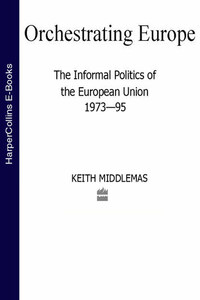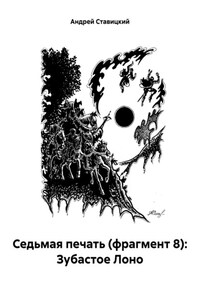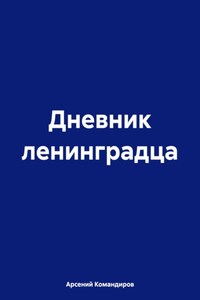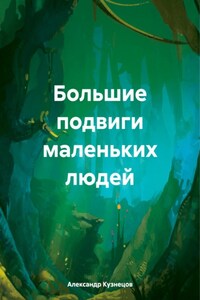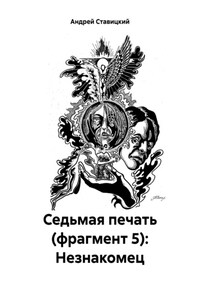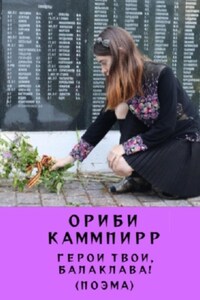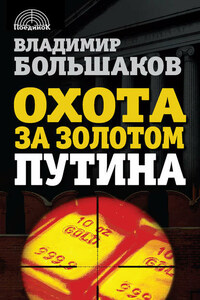COPYRIGHT
William Collins
An imprint of HarperCollinsPublishers Ltd.
1 London Bridge Street
London, SE1 9GF
www.harpercollins.co.uk
Copyright © Keith Middlemas, 1995
Keith Middlemas has asserted the moral right to be identified as the author of this work
All rights reserved under International and Pan-American Copyright Conventions. By payment of the required fees, you have been granted the nonexclusive, nontransferable right to access and read the text of this ebook on-screen. No part of this text may be reproduced, transmitted, downloaded, decompiled, reverse-engineered, or stored in or introduced into any information storage and retrieval system, in any form or by any means, whether electronic or mechanical, now known or hereafter invented, without the express written permission of HarperCollins ebooks
HarperCollinsPublishers has made every reasonable effort to ensure that any picture content and written content in this ebook has been included or removed in accordance with the contractual and technological constraints in operation at the time of publication
Source ISBN: 9780002556781
Ebook Edition © DECEMBER 2016 ISBN: 9780008240660
Version: 2017-01-06
DEDICATION
To my grandchildren:Hugo, Georgia, Fabian, Isabella
EPIGRAPH
It is the duty of the patriot to prefer and promote the exclusive interest and glory of his native country: but a philosopher may be permitted to enlarge his views and to consider Europe as one great republic, whose various inhabitants have attained almost the same level of politeness and cultivation. The balance of power will continue to fluctuate, and the prosperity of our own, or the neighbouring kingdoms, may be alternately exalted or depressed; but these partial events cannot essentially injure our general state of happiness, the system of arts, and laws, and manners, which so advantageously distinguish, above the rest of mankind, the Europeans …
Edward Gibbon, The Decline and Fall of the Roman Empire, Vol VI, chapter XXXVIII, p. 402 (1818 edition)
INTRODUCTION
The late 1980s brought a sense of quickening tempo to the European Community after a decade of stagnation. Two landmark Treaties, the Single European Act of 1986 and the Treaty of Union at Maastricht stood out in that optimistic period. Now that the wave of euphoria has broken, and the tide receded – though not nearly to its pre-1985 level – it is worth asking what were the permanent achievements and the quality of change that each brought about. As EEC, EC or EU, the European Community has habitually moved through troughs and hollows, punctuated by much shorter bursts of energy: neither can be explained without asking what all the relevant forces – governments, Community institutions and the array of interested outside players – were doing at each point in the cycle.
How member state governments and EU bodies relate is similar enough to what goes on in national political systems to be comprehensible, and open enough to be readily accessible. Community institutions are in most cases much the less secretive of the two. But the task of weaving the influence of non-governmental players (industrial firms, financial institutions, trades unions, regions and distinct state organs such as central banks) into the recent history of a subject extending over twelve or more nation states requires a different format, almost an alternative kind of history. Robert Brenner did this for seventeenth-century England in Merchants and Revolution,>1 with the benefit of access to all surviving archives. But the EU, like its member governments, restricts access at every point after 1965.
Yet without a complete picture of how influence is exercised and who moves whom, we have only half the story. Present day comment lacks essential connections to the recent past, to the trends which may not be obvious today but remain latent, like nationalism in eastern Europe before 1989. Without contemporary history, studies of the contemporary world – by political scientists, lawyers, economists, or specialists in international relations – rest on a dangerously relative foundation, and students are faced with a blind spot for the ‘years not taught’.
The contemporary historian (like any other), ought to contribute a distinct sort of understanding of three connected phenomena: processes as they change over time; the continuous interchange of many players; and the mutation of institutions, and the beliefs and behaviour patterns of those who work in them. These were my own concerns in a series of studies of British government during the twentieth century which developed the concept of a long and continuous game between an increasing number of players of different power, status and interests, a game in which all of them used the needs that the modem state had for their participation to draw it and its component parts into an informal framework, from which there could subsequently be no retreat to a pristine minimal state.
